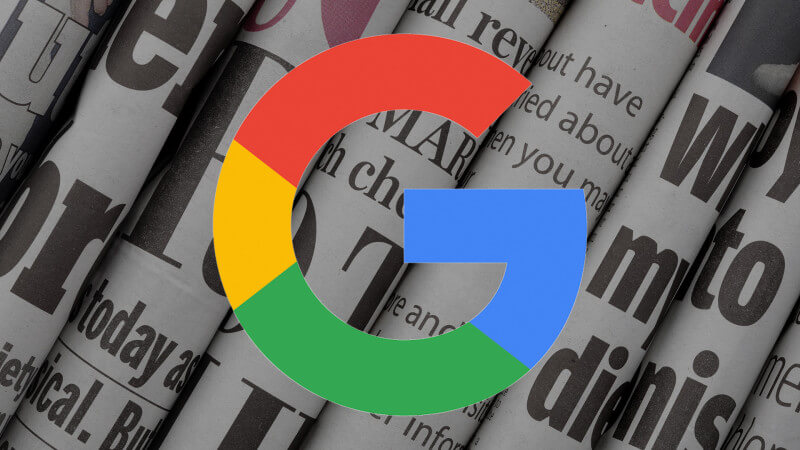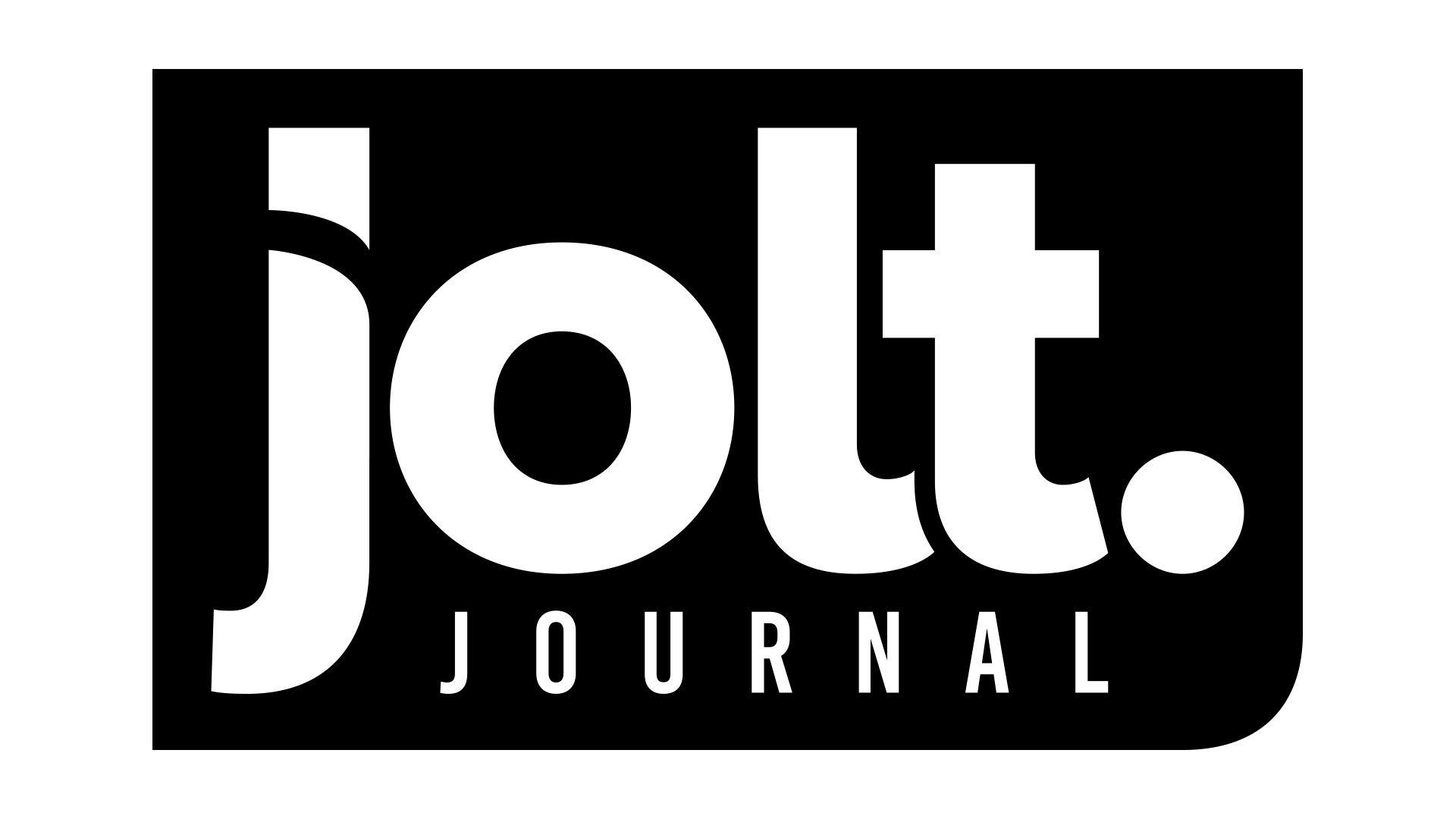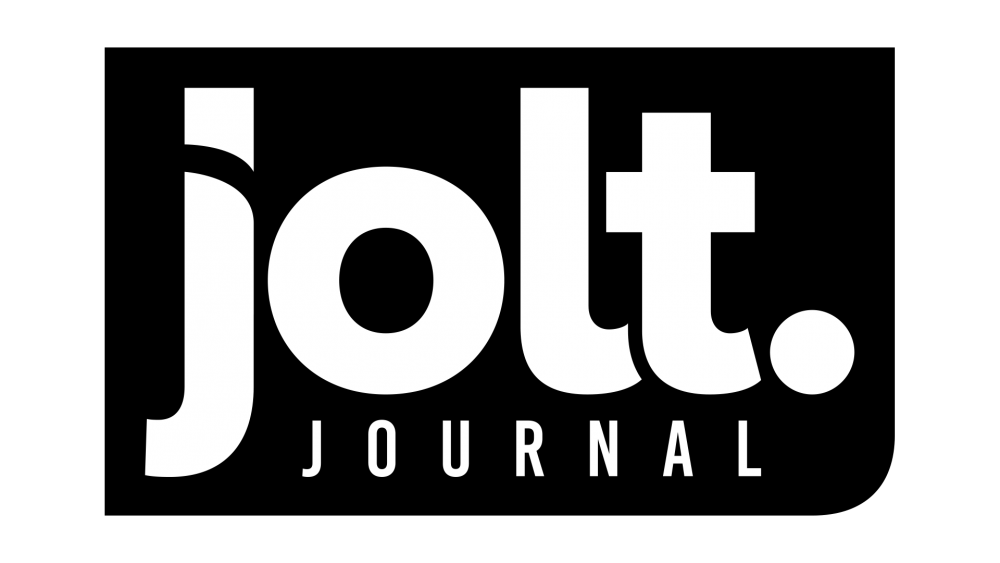Google has seen much controversy over its First Click Free (FCF) policy. The policy required publishers to allow Google search results access to news articles that were hidden behind a pay all. The company is now replacing the decade-old policy with Flexible Sampling, which gives more control to the publishers.
Per the Flexible Sampling policy, Google will instead let publishers choose how many articles (if any) they want to allow potential subscribers to access. Of course this makes publishers that much happier, now that they have more control over their content. Previously, they weren’t given much of a choice.
Talking about FCF, users were able to access an article for free but were promoted to subscribe or log-in if they clicked anywhere else on the same. For the publishers, they were previously required to allow three free articles per day which were indexed by Google and show in search results.

If a publisher tried to opt-out of of the FCF feature, it was detrimental to them because it would not only demote the publisher’s rankings in Google Search and Google News but also overall in Google search engine because the stories weren’t able to get indexed by Google, instead were locked by a paid wall.
To put it into perspective, The Wall Street Journal notes that when News Corp (parent company of WSJ) disabled free access to its articles via Google Search in early 2017, its stories suffered quite a bit of demotion in search rankings. The WSJ said they experienced a 30 percent reduction in traffic from Google Search, and a loss of 89 percent from Google News in August comparing that to the year before.
Now if publishers decided to opt-out of Flexible Sampling, they won’t be demoted in Google search rankings. Google, however, did say that it recommends publishers allow 10 free articles per month as “a good starting point.”





